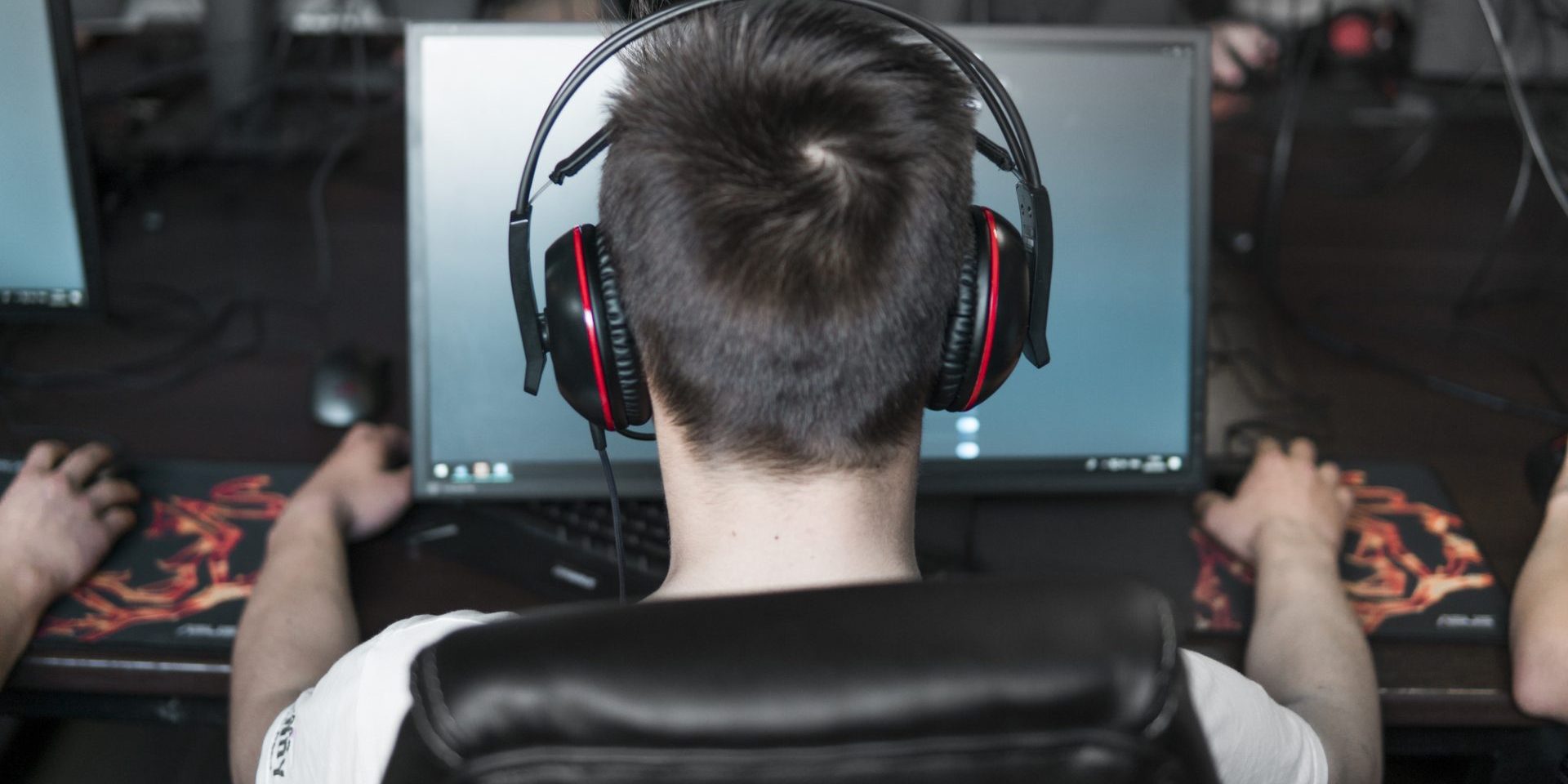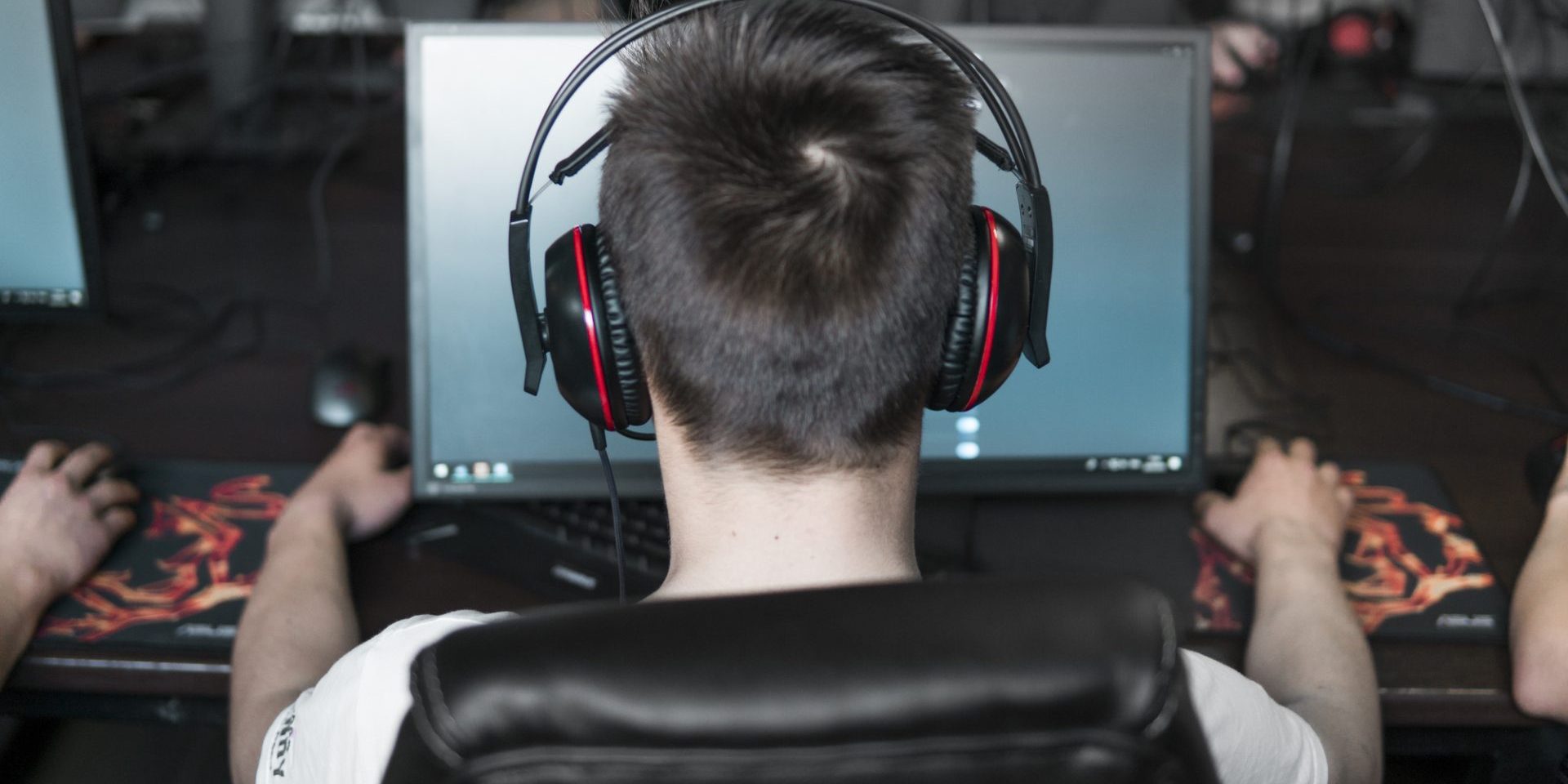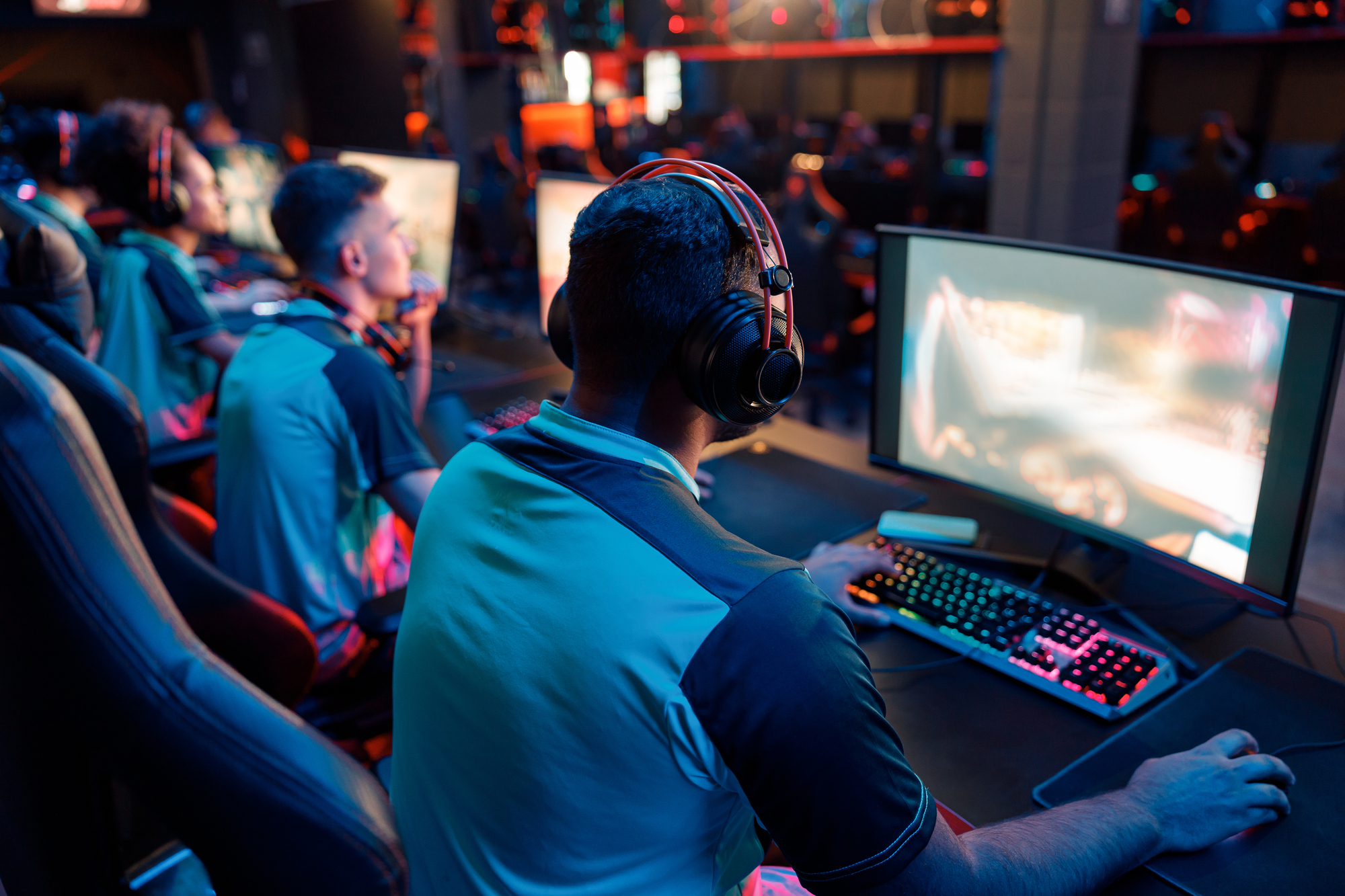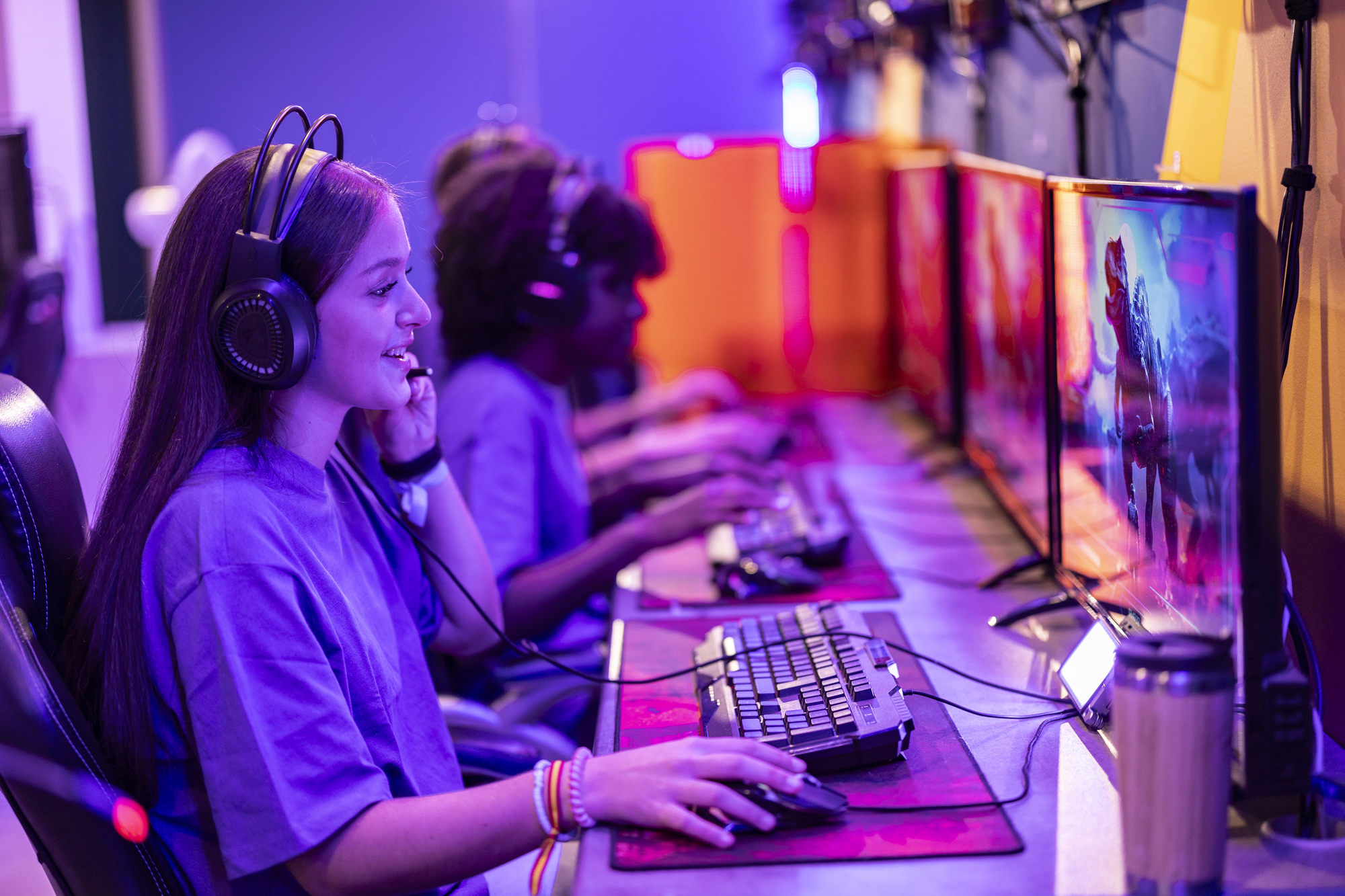Competitive gaming continues to evolve rapidly, driven by technological advancements and changing player preferences. The rise of cloud gaming platforms and improved mobile capabilities are expanding access to high-quality competitive experiences. Emerging technologies like virtual and augmented reality are poised to create more immersive competitive gaming environments in the coming years.
Esports organizations and game developers are increasingly focusing on player health and wellness as competitive gaming becomes more professionalized. This includes implementing better training regimens, mental health support, and injury prevention programs for pro players. At the same time, artificial intelligence is being leveraged to enhance competitive gameplay, from improving matchmaking systems to providing advanced analytics and strategic insights.
The competitive gaming audience continues to grow and diversify. More inclusive game design and marketing efforts are bringing in new demographics of players and viewers. Cross-platform play is also becoming standard, allowing competitive communities to thrive across PC, console, and mobile. These trends point to an exciting future for competitive gaming with expanded opportunities for players, teams, and fans alike.
Technological Evolution in Gaming
The gaming landscape is rapidly transforming due to advancements in AI, cloud infrastructure, virtual reality, and cross-platform technologies. These innovations are reshaping how players interact with games and each other.
The Rise of AI and Cloud Gaming
AI integration in competitive gaming is creating more dynamic and challenging experiences. Machine learning algorithms now power smarter NPCs and adaptive difficulty systems, keeping players engaged. Cloud gaming platforms like Google Stadia and NVIDIA GeForce Now are gaining traction, allowing gamers to play high-end titles without expensive hardware.
Cloud technology is also improving matchmaking systems, pairing players of similar skill levels for fairer competitions. Game developers are using AI to analyze player data, enabling faster balancing updates and more personalized content.
Advancements in Virtual and Augmented Reality
VR and AR technologies are pushing the boundaries of immersive gaming. High-end VR headsets like the Oculus Quest 2 and PlayStation VR2 are becoming more affordable and accessible. This trend is leading to the creation of VR-specific esports leagues and tournaments.
AR games are evolving beyond mobile screens, with companies developing AR glasses for more seamless integration of digital content into the real world. These advancements are opening up new possibilities for location-based competitive gaming events and mixed reality experiences.
Growth of Cross-Play and Cross-Platform Technologies
Cross-play functionality is becoming standard in many competitive games, allowing players on different devices to compete together. This trend is breaking down barriers between gaming communities and expanding player pools for matchmaking.
Game engines like Unity and Unreal Engine are making it easier for developers to create cross-platform titles. Cloud saves and account linking across devices are becoming more common, letting players seamlessly switch between platforms while maintaining their progress and stats.
Epic Games’ push for cross-platform play has influenced other major publishers to adopt similar strategies, fostering a more connected gaming ecosystem.
Economic Dynamics of Competitive Gaming
The competitive gaming industry has undergone significant financial transformations. New revenue streams and business models have emerged, reshaping the economic landscape.
Monetization Strategies and In-Game Purchases
Game developers have embraced diverse monetization methods to generate revenue. Free-to-play models with in-game purchases have become prevalent. Players can buy virtual items, cosmetic upgrades, or premium content.
Microtransactions form a substantial portion of gaming income. Companies offer small-cost items that enhance gameplay or provide aesthetic benefits. This approach appeals to casual gamers and hardcore enthusiasts alike.
Season passes and battle passes have gained popularity. These time-limited offerings give players access to exclusive content and rewards. They encourage regular engagement and create recurring revenue for publishers.
Impact of Esports on Gaming Business Models
Esports has revolutionized competitive gaming economics. Prize pools for major tournaments have reached millions of dollars. This attracts top talent and increases viewer interest.
Sponsorships and advertising deals have become key revenue sources. Brands invest in teams, events, and individual players to reach gaming audiences. This influx of capital has professionalized the esports ecosystem.
Media rights for esports events have grown valuable. Streaming platforms and traditional broadcasters compete for exclusive coverage. This has created new income streams for tournament organizers and teams.
Emergence of Gaming Influencers and User-Generated Content
Gaming influencers have become powerful marketing tools. They can sway consumer behavior and drive game sales through their content. Developers often partner with streamers and YouTubers to promote new releases.
User-generated content (UGC) has expanded gaming economies. Platforms like Roblox and Minecraft allow players to create and sell their own in-game items. This has opened up new opportunities for creative individuals to monetize their skills.
Social media integration has amplified the reach of gaming content. Clips, highlights, and live streams spread rapidly across platforms. This viral potential has increased the value of gaming-related social media accounts.
Cultural and Social Trends in Gaming
Gaming culture has undergone significant shifts in recent years, influenced by technological advancements and global events. These changes have reshaped how people interact with games and each other in virtual spaces.
Expanding Horizons of Mobile and Casual Gaming
Mobile gaming has seen explosive growth, attracting a diverse player base. Smartphones and tablets have made games accessible to people of all ages and backgrounds. Casual games, with their simple mechanics and short play sessions, have become popular among busy adults and non-traditional gamers.
This shift has led to the rise of “hyper-casual” games, which can be played in seconds and often top app store charts. Social media platforms have integrated mini-games, blurring the lines between social networking and gaming. The accessibility of mobile games has also sparked new forms of multiplayer experiences, with friends and family connecting through shared virtual activities.
Gaming during the Covid-19 Pandemic
The Covid-19 pandemic accelerated existing gaming trends and created new ones. As people spent more time at home, video games became a primary form of entertainment and social connection. Online multiplayer games saw surges in player counts, serving as virtual meeting spaces for friends and communities.
Gaming provided an escape from isolation and stress, leading to increased engagement across all platforms. Many non-gamers turned to video games for the first time, expanding the market. Esports events adapted to online formats, maintaining competitive scenes despite physical distancing requirements.
The pandemic also highlighted games’ potential for education and remote work, with some schools using game-like platforms for virtual classes. This period demonstrated gaming’s ability to foster social bonds and provide mental health benefits during challenging times.












